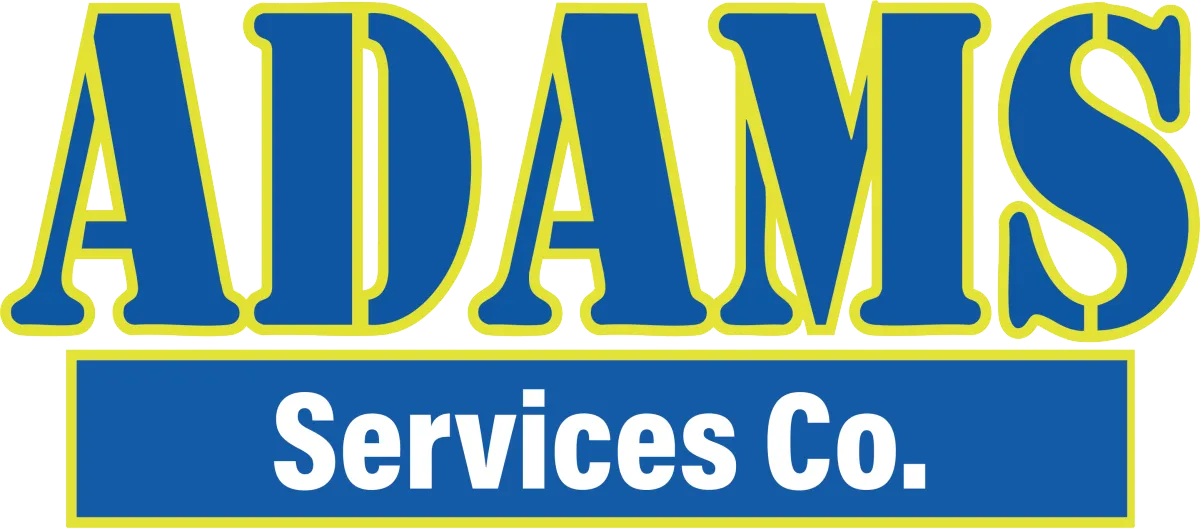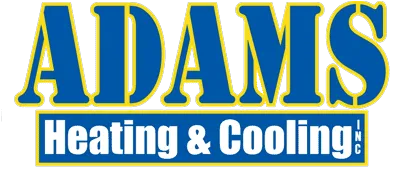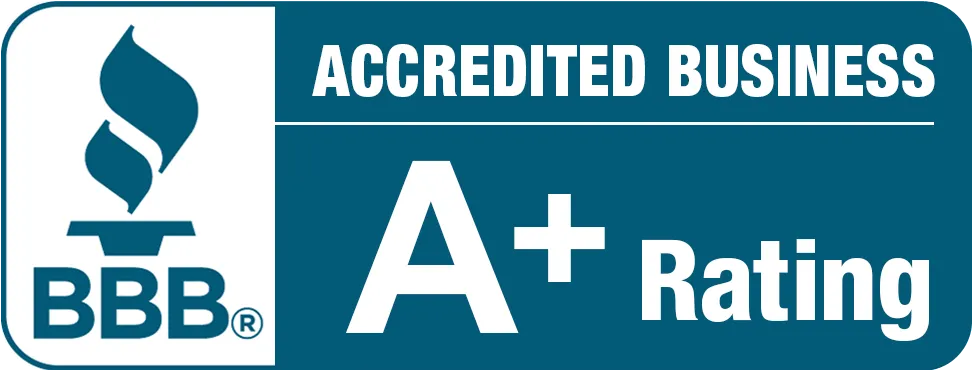Adams Heating & Cooling
HVAC Experts You Can Trust
Serving Tuscaloosa, AL, Birmingham, AL, and surrounding areas since 1982
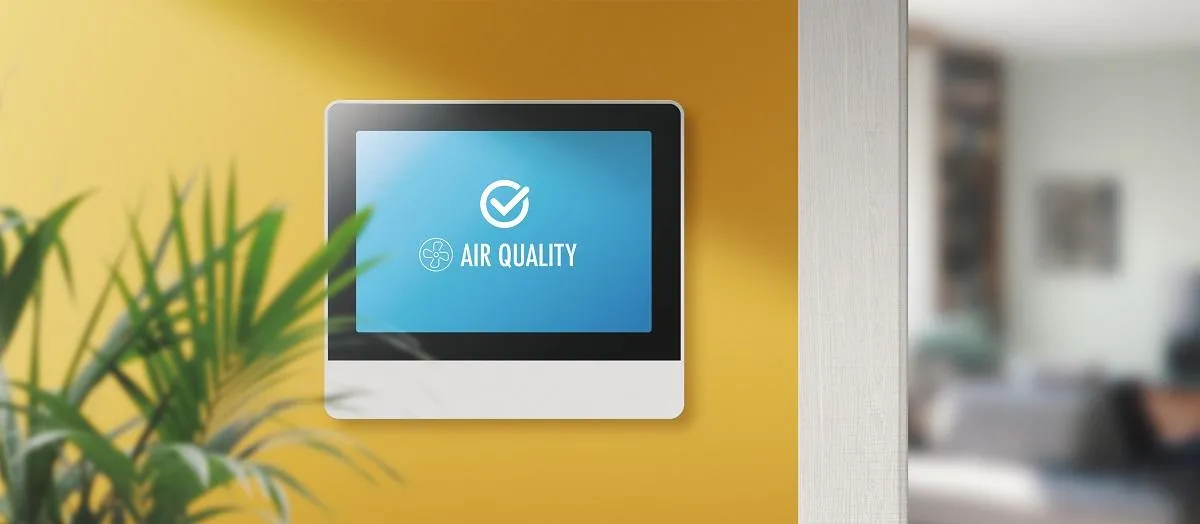
Protect Yourself: The Hidden Dangers of Poor Indoor Air Quality
Are you aware of the hidden dangers that can lurk in the indoor air you breathe every day? Poor indoor air quality (IAQ) is a serious issue that can affect the health and well-being of both homeowners and business owners.
In this blog article, we will explore the hidden dangers of poor indoor air quality and provide you with solutions to protect yourself and your loved ones.
From respiratory problems to allergic reactions, the consequences of breathing in contaminated air can be detrimental. Fortunately, there are indoor air quality systems and solutions available that can help improve the air you breathe.
Symptoms and Impact of Poor Indoor Air Quality
Understanding the Impact on Your Health
Many of us underestimate the impact of the air we breathe indoors, yet it can significantly affect our health and well-being. Poor indoor air quality can trigger a range of issues, from short-term irritations like headaches and fatigue to chronic respiratory diseases, heart problems, and even cancer. Understanding these risks is crucial, encouraging us to take proactive measures to improve the air we breathe at home, work, and school. By doing so, we can protect our health and create a healthier environment for ourselves and our loved ones.
Recognizing the Symptoms of Poor Indoor Air Quality
Recognizing the symptoms of poor indoor air quality is the first step toward making your home or business healthier. Symptoms can include frequent allergies, respiratory issues, headaches, and fatigue. If you or your family are experiencing these symptoms frequently, it might be due to poor indoor air quality.

Health Risks Associated with Poor Indoor Air Quality
Allergies and Respiratory Issues
Poor indoor air quality can trigger allergies and exacerbate respiratory issues. The pollutants found indoors can irritate the eyes, nose, and throat, and can lead to coughing, wheezing, and difficulty breathing.
Asthma Attacks and Exacerbation
For those with asthma, poor indoor air quality can trigger attacks and worsen the condition. It is crucial to maintain good indoor air quality to manage asthma symptoms.
Increased Risk of Infections
Poor indoor air quality can increase the risk of respiratory infections, including the common cold, flu, and even pneumonia.
Headaches and Fatigue
Often overlooked, one of the effects of poor indoor air quality is frequent headaches and fatigue. This is due to the body constantly trying to fight off the contaminants in the air.
Long-term Health Effects
Prolonged exposure to poor indoor air quality can lead to long-term health effects, such as chronic respiratory diseases, heart disease, and even lung cancer.
The Impact of Poor Indoor Air Quality on Your Home
Mold Growth and Structural Damage
Poor indoor air quality, often caused by factors like high humidity and inadequate ventilation, can lead to rampant mold growth, compromising the structural integrity of your home. This can manifest as weakened framing, damaged drywall, and even rotting wood, leading to costly repairs and potential health hazards. Early detection and prompt intervention are crucial to prevent extensive damage and ensure a healthy living environment.
Decreased Energy Efficiency
Poor indoor air quality can decrease your home's energy efficiency. Your HVAC system has to work harder to circulate air, leading to higher energy bills. Dust and other pollutants can build up on filters and coils, reducing airflow and forcing your system to work harder to achieve the desired temperature, impacting energy efficiency.
Lingering Odors and Stale Air
Stale air and lingering odors are signs of poor indoor air quality. These can be caused by inadequate ventilation and the presence of contaminants leaving a stale odor clinging to furniture and fabrics, permeating the home with a persistent unpleasantness.
Fresh air struggles to circulate, creating a stifling environment that feels stuffy and heavy, making it difficult to breathe and relax.
Lingering cooking smells, pet dander, and other pollutants create a layered scent that hangs in the air, making the home feel unwelcoming and less enjoyable.
Damage to Furniture and Belongings
High humidity levels caused by poor air circulation can encourage the growth of bacteria and fungi, which can damage wood, fabrics, and other porous materials stored in your home. For instance, excessive humidity can cause wooden furniture to warp, crack, or accelerate its aging. It can cause leather to fade and become brittle. Pollutants, dust, and allergens in the air can cause fabrics to lose their color and vibrancy, to stain, or to deteriorate over time.

Identifying the Causes of Poor Indoor Air Quality
Insufficient Ventilation
One of the primary causes of poor indoor air quality is insufficient ventilation. Without proper ventilation, contaminants can accumulate in the air, causing health risks and discomfort.
Contaminants from Cleaning Products and Aerosols
Many cleaning products and aerosols contain harmful chemicals that can degrade indoor air quality. It's important to choose products that are free from harsh chemicals.
Building Materials and Furniture Emissions
Building materials and furniture can emit volatile organic compounds (VOCs), which can deteriorate indoor air quality.
Outdoor Air Pollution and Infiltration
Outdoor air pollution can also affect indoor air quality. Pollutants from outside can infiltrate your home, especially if the windows and doors are not well-sealed.
Indoor Air Quality Solutions for a Healthier Home
Maintenance and Inspections
Think of your HVAC system as the lungs of your home. Regular maintenance and inspections are crucial in ensuring its smooth operation and, more importantly, the quality of air it circulates. An HVAC specialist can assess your system's efficiency, identify potential problems, and recommend solutions like filter replacements or system upgrades that can significantly improve your IAQ.
Air Purification
Air purification systems and filters can help remove contaminants from your indoor air, improving its quality. Think of them as your home's personal bodyguard, standing guard against unwanted airborne contaminants. Dust, pollen, pet dander, and even volatile organic compounds (VOCs) emitted from everyday household products can all impact your IAQ. By investing in a good air purifier and regularly changing high-quality air filters, you'll be actively removing these pollutants, creating a cleaner and healthier breathing environment.
Dehumidifiers
Moisture is essential for comfort, but too much can lead to mold growth, a major contributor to poor IAQ and respiratory problems. Dehumidifiers are your allies in this battle, effectively removing excess moisture from the air and preventing mold from taking root. Remember, maintaining optimal humidity levels (around 30-50%) is key to both comfort and IAQ. Combining dehumidifiers with proper ventilation can help prevent mold growth and maintain optimal humidity levels.
Ventilation
Just like your body needs fresh air, so does your home! Proper ventilation ensures a constant flow of clean air, flushing out stale indoor air and replacing it with fresh oxygen. Open windows whenever possible, and consider installing exhaust fans in bathrooms and kitchens to remove moisture and pollutants.
Duct Cleaning
Don't forget about your ductwork – regular duct cleaning removes dust, allergens, and other debris that can build up over time, further enhancing your IAQ. Both proper ventilation and regular duct cleaning can significantly improve indoor air quality. It can help remove contaminants and assist in providing fresh air circulation.
By incorporating these strategies into your routine, you'll be well on your way to creating a haven of clean, fresh air in your home. Remember, good IAQ isn't just about comfort – it's an investment in your health and well-being. Breathe easy, breathe healthy!
How to Protect Yourself and Improve Indoor Air Quality
Keep Your Home Clean and Dust-Free
Keeping your home clean and dust-free can help improve indoor air quality. Regular cleaning can help remove dust and other allergens that can affect air quality.
Avoid Smoking Indoors
Avoid smoking indoors to protect your indoor air quality. Tobacco smoke contains thousands of harmful chemicals that can degrade indoor air quality.
Use Natural Cleaning Products
Using natural cleaning products can reduce the number of harmful chemicals in your indoor air.
Optimize Ventilation and Air Circulation
Optimizing ventilation and air circulation can help improve indoor air quality by preventing the accumulation of contaminants in the air.
Invest in Professional Indoor Air Quality Solutions
Investing in professional indoor air quality solutions can help ensure the health and comfort of your home. HVAC specialists can provide comprehensive solutions, like air filters, duct cleaning, and maintenance tailored to your needs.

Seeking Professional Help for Indoor Air Quality Concerns
The air we breathe indoors impacts our health and well-being more profoundly than we often realize. While we may take clean air for granted, a surprising number of hidden pollutants can lurk within our homes, compromising our comfort and even jeopardizing our health.
Fortunately, a skilled HVAC specialist can be your trusted partner in creating a haven of pure, breathable air. They can accurately assess your indoor air quality using specialized equipment, identify issues, and provide solutions to improve air quality.
An HVAC specialist possesses the expertise and specialized equipment to conduct a thorough assessment of your indoor air quality. Armed with assessment insights, they will work hand-in-hand with you to identify the sources of the pollutants and present a range of effective solutions. This might involve recommending air filtration systems tailored to your specific needs, installing ventilation systems to improve air circulation, or even suggesting lifestyle adjustments to minimize indoor contaminants.
Maintaining optimal indoor air quality isn't a one-time fix; it's an ongoing commitment to your well-being. Regular maintenance and inspections of your air quality systems will ensure they continue to function optimally and keep your air clean. Staying abreast of the latest advancements in air purification and filtration technology, technicians offer expert guidance on upgrades and improvements that can further enhance your home's air quality.
By partnering with a skilled HVAC specialist, you can transform your home into a sanctuary of fresh, clean air. They'll empower you to breathe easier, feel healthier, and enjoy the comfort of a truly clean and safe indoor environment.
Take Control of Your Indoor Air Quality Today
If you're concerned about your indoor air quality, don't hesitate to contact Adams Heating and Cooling for a consultation. Our team of experienced professionals will assess your air quality and provide effective solutions.
Investing in indoor air quality solutions can lead to a healthier and more comfortable home. Enjoy peace of mind knowing that the air you breathe is clean and safe.
At Adams Heating and Cooling, we are dedicated to providing reliable and trustworthy HVAC services. If you're concerned about the quality of your indoor air, don't hesitate to give us a call at (205) 339-6540 to set up an appointment and ensure the safety of your indoor environment.

Tired of seeing those sky-high electric bills?
It's time to take control of your energy costs, and your HVAC system is a great place to start!
No more sweating over those monthly expenses!
Grab our FREE checklist to discover simple, yet effective, ways to lower your energy consumption and save money on your electric bill.
Inside this handy guide, you'll find:
Easy-to-follow tips to optimize your HVAC system's efficiency.
Common energy-wasting mistakes to avoid.
Actionable steps to make a real difference in your energy usage.
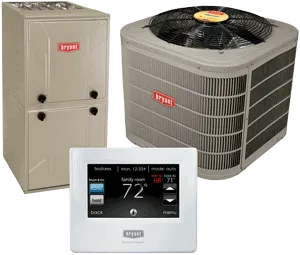
Free Estimates on Complete System Replacement
Call Now 205-339-6540
Office: 3415 Hargrove Road East,
Tuscaloosa, AL 35405
Office: 1236 Blue Ridge Blvd, Suite 111, Hoover, AL 35226
Call 205-339-6540
Call 205-606-4222
Email: [email protected]
